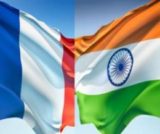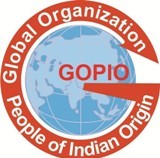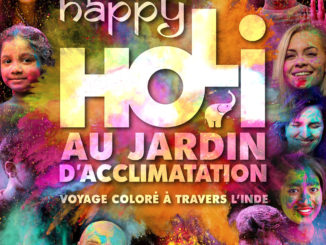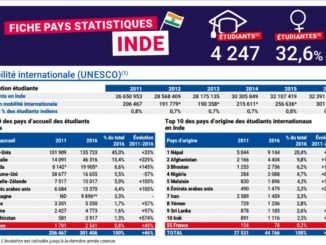
France has always been fascinating to the world for its touristic attractions, French wine Gourmet, and food and of course for the beauty and fashion industry!
But gone are the days when people visited France only for holidays and honeymoons. Today the science and technological advancement of the country has fine-tuned France as one of the top destinations of doing advanced research in almost all the disciplines of arts and sciences, and biological sciences is no less in this regard. On the eastern frontier, India is expanding its horizons in the key developments in scientific research like aerospace research as well as biological sciences. The new government in India spearheaded by the bunch of highly ignited scientists, leaders and ministers is pushing the facilities for doing great science in the country and also develop international collaborations.
France and India have always been in extremely good relations over international trade and investment relations. Recent times have seen the doors of European Union opening to Indian researchers and France has played a vital role in hijacking the Indian intellects for international collaborative research, especially focused in biological as well as interdisciplinary research. Today, France offers several international courses in biological research in some of its top scientific schools like Ecole Normale Supérieure in English language, to make it easy for foreigners to come and study. From 2nd November, 2015 France also opens doors further to India in terms of providing long term, multiple entry visas to Indian nationals. This will surely boost the collaborative initiatives between India and France. The PhD programmes offered by most French universities are in English and are fully funded. The advantage of doing a PhD in France is that it takes on average
3-4 years as compared to 5-7 years in US or India. Being situated in strategic location in Europe, the researchers can easily carry out collaborative research in various laboratories throughout Europe.
Some of the key attractive fellowships that Indians have recently started exploring for research in France are as follows:
1. Raman-Charpak Fellowship: These are short term fellowships provided to Indian undergraduate students (PhD students) to visit French laboratories for up to 3 months and get to know the French system of science. These are open to students of all disciplines of sciences and are really attractive fellowships.
2. EMBO postdoctoral fellowships – these are the long term fellowships provided for European molecular biology organisation for postdoctoral research in France for up to 2 years. These fellowships are mostly focused for research in biological sciences but cross-disciplinary fellowships are available to researchers from other disciplines as well.
A similar fellowship is awarded by Human Frontiers Science Programme (HFSP) which allows researchers in biological sciences in India to work in France for up to 2 years followed by a return phase to India.
Other than that, a very recent, very competitive and most attractive fellowship is now offered by European Union called Marie- Skłodowska Curie Postdoctoral fellowship. All these fellowships are centered for researchers mostly in biological sciences or for the researchers working at the interface between biology and other disciplines like chemistry, physics and technology.
Apart from these international fellowships, there are various PhD and postdoctoral fellowships awarded by various scientific organizations in France such as CNRS, INSERM, ANR, ARC, ERC, European Union networks and others. INSERM and CNRS also provide permanent researcher facilities through which scientists can apply for permanent positions like CR1/2 (Charge de Recherche) and IR1/2 (Engineer de Recherche). These are highly competitive but attractive positions and researchers of any nationality are applicable for these positions.
To facilitate the international collaborations between France and India, the scientific bodies of two countries have signed multiple MoUs and provide various collaborative grants like CEFIPRA and DST-ANR grants. These grants are open for all disciplines of sciences and in recent years, there has been a dramatic increase in applicants for these grants, thus highlighting the enthusiasm of the scientists in both countries to come together and work on same grounds.
These are only some of the examples highlighting the cooperation of India and France in biological research. The coming years will surely witness the boost in such collaborations and the key example is the setting up of the Marine Biology research institute in India in collaboration with French partners. Together, the Indo-French cooperative strategies for the advancement of science hold key potentials for development of advanced technologies in life sciences as well as development of strategies and techniques leading to better health care and diagnosis.
Dhiraj Devidas Bhatia, PhD
Human Frontiers Postdoctoral Fellow,
Institute Curie, Center de Recherche,
U1143/UMR3666, 26 rue d’Ulm,
Paris 75248, France
dhirajbhatia1@gmail.com



